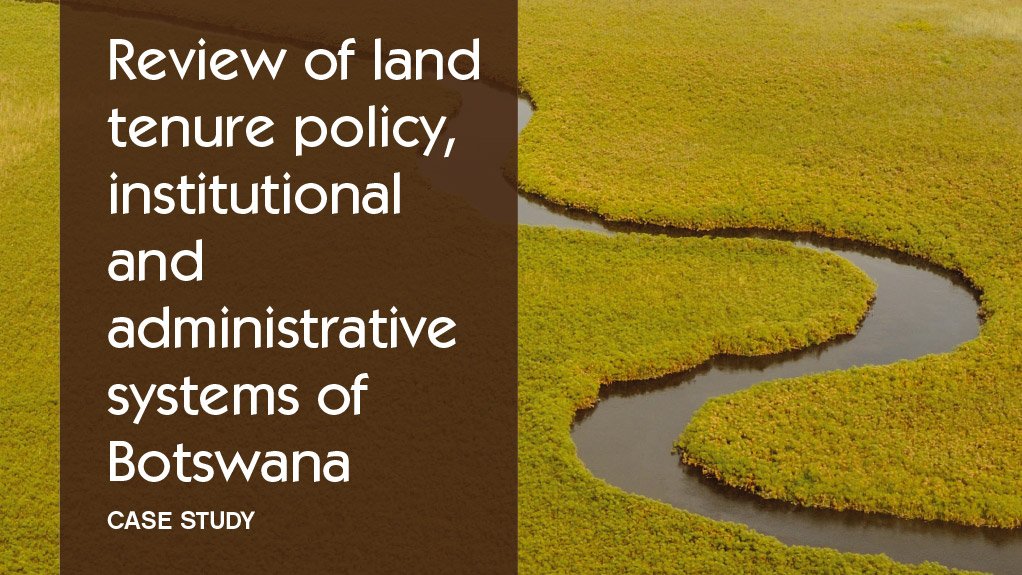- Review of land tenure policy, institutional and administrative systems of Botswana0.20 MB
The evolution of land administration in Botswana can be divided into three discernible periods: pre-colonial, colonial and post-independence. During the pre-colonial period before 1895, land was administered by traditional chiefs, or Dikgosi, who allocated land to their tribesmen for both residential and subsistence agriculture. Between 1895 and 1966, the colonial period, land was categorized into three land tenure systems of administration, namely native reserves, freehold and crown lands. Native reserves remained under the control and administration of chiefs for allocation to tribesmen.
Freehold land was allocated to white settlers, mainly for commercial livestock farming. Crown lands belonged to the state for the common good. At independence in 1966, land tenure systems remained the same, save for a change in name of “native reserves” to “tribal land” and “crown land” to “state land”.
Presently, land policy and governance are based on three types of land tenure systems: tribal land, which accounts for 71 percent of the total land area of Botswana; freehold, which comprises 3 percent; and state land, which accounts for 26 percent (Republic of Botswana, 2015). Tribal land is allocated under customary law through the Tribal Land Act of 1968 by statutory bodies known as land boards. Tribal land is allocated for residential, commercial, civic, industrial and agricultural uses. The holders of tribal land rights are given certificates that provide owners perpetual and exclusive tribal land rights, except in communal grazing areas where there are no defined property rights to grazing resources.
Holders of these certificates can convert them into common law leases, which can then be registered at the deeds registry. Owners then obtain a title to their land. Tribal land belongs to the state and cannot be sold unless it has been developed, in which case the sale is deemed to be a sale of improvements and not of the land.
Report by the African Development Bank
EMAIL THIS ARTICLE SAVE THIS ARTICLE ARTICLE ENQUIRY
To subscribe email subscriptions@creamermedia.co.za or click here
To advertise email advertising@creamermedia.co.za or click here











